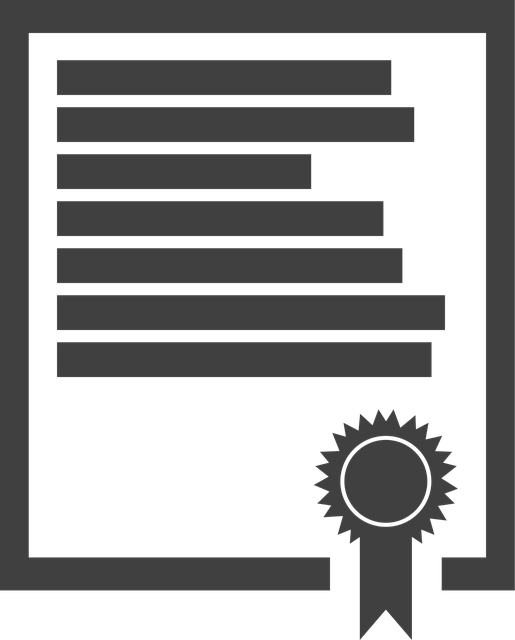Navigating Healthcare Compliance Legal Issues requires a strategic approach due to complex regulations and securities class actions against healthcare industries. By understanding laws like the False Claims Act (FCA) and Anti-Kickback Statute (AKS), companies can proactively monitor risks, manage investigations, and bolster their reputation through ethical practices, ultimately protecting stakeholders' interests.
“In the intricate world of healthcare, understanding securities class actions is paramount. This article serves as a comprehensive guide through the complex landscape of navigating healthcare compliance legal issues. We delve into crucial aspects such as recognizing and preventing common compliance pitfalls, and offer effective strategies for tackling legal challenges head-on. By exploring these key areas, individuals and organizations can ensure robust adherence to regulations, fostering a more transparent and accountable healthcare sector.”
- Understanding Healthcare Securities Lawsuits
- Common Compliance Pitfalls and Their Prevention
- Strategies for Navigating Legal Challenges Effectively
Understanding Healthcare Securities Lawsuits

Navigating Healthcare Compliance Legal Issues is a complex task, especially when it comes to securities class actions involving healthcare industries. These lawsuits often arise from allegations of fraud, misrepresentations, or violations of federal and state regulations. Understanding the legal framework and nuances within this domain is crucial for businesses aiming to avoid costly litigation and maintain compliance.
Healthcare Securities Lawsuits encompass a wide range of issues, from false billing practices to off-label marketing. As such, companies must be vigilant in monitoring changes in regulatory landscapes, including the False Claims Act (FCA) and Anti-Kickback Statute (AKS), which are frequently updated and strictly enforced. By staying informed about all stages of the investigative and enforcement process, organizations can proactively manage risks and work towards achieving complete dismissal of all charges when appropriate. This proactive approach not only helps in mitigating financial losses but also safeguards the reputation of the company by demonstrating a commitment to ethical business practices.
Common Compliance Pitfalls and Their Prevention

Navigating Healthcare Compliance Legal Issues can be a complex task, especially with the ever-evolving regulatory landscape. Common pitfalls include non-compliance with stringent industry standards and regulations, leading to costly legal consequences for healthcare providers. These issues often stem from inadequate training programs, insufficient record-keeping practices, or a lack of understanding of anti-kickback laws, false claims act provisions, and privacy rules like HIPAA.
To prevent these compliance traps, healthcare organizations must invest in robust educational initiatives for staff at all levels, ensuring they grasp the legal implications of their actions. Implementing comprehensive internal controls, maintaining meticulous records, and fostering a culture that prioritizes ethical conduct are also vital strategies. For his clients, addressing white-collar and economic crimes proactively can lead to the complete dismissal of all charges, demonstrating a commitment to integrity within the organization.
Strategies for Navigating Legal Challenges Effectively

Navigating complex legal challenges is a strategic art, especially in the realm of securities class actions. For those involved in healthcare compliance, understanding the nuances of these cases is paramount. One effective strategy is to build a robust defense by meticulously reviewing the facts and identifying key issues early on. This proactive approach allows for the development of innovative legal arguments tailored to the case’s unique circumstances. By examining regulatory requirements and industry standards, attorneys can navigate the intricate web of healthcare laws with confidence.
Additionally, fostering relationships within the philanthropic and political communities can prove invaluable. These networks often provide insights into emerging regulations and trends, enabling proactive compliance measures. Moreover, a strong white-collar defense strategy involves preserving relevant documentation and cultivating expert witnesses capable of interpreting complex data. This comprehensive approach ensures that legal challenges are met with well-prepared, winning challenging defense verdicts, ultimately protecting the interests of all involved parties.
Navigating healthcare compliance legal issues, such as securities class actions, requires a deep understanding of regulatory landscapes and proactive strategies. By recognizing common pitfalls and implementing effective solutions, organizations can successfully manage risks associated with healthcare-related lawsuits. Through meticulous attention to detail, staying informed about legislative changes, and fostering a culture of ethical practices, entities in this sector can ensure compliance and mitigate potential legal challenges.






